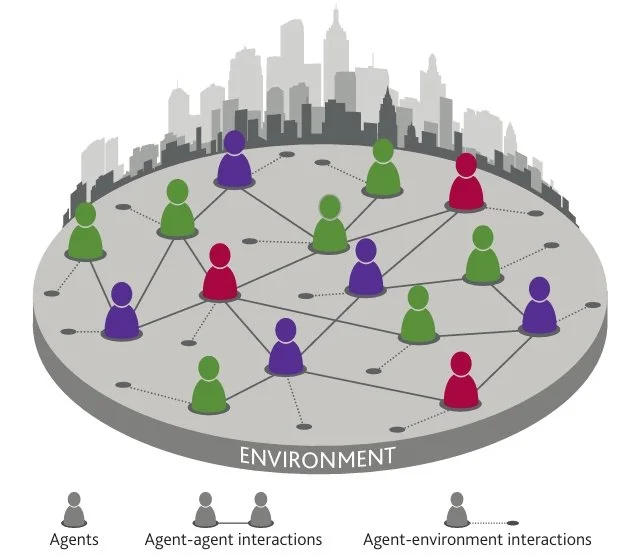The Iron Lung of Corruption
Corruption, as illustrated by cases like Mobutu Sese Seko in Congo, is most prevalent in developing countries and consistently inhibits economic growth through negative impacts on private investment, resource misallocation, distorted budgets, and reduced efficiency. While some argue that corruption may facilitate certain bureaucratic processes and incentivize superior work in specific contexts, empirical evidence overwhelmingly demonstrates its adverse effects on economic development, urging developing countries to focus on improving their institutions and practices for the well-being of their citizens.
The Debt Crisis: Where Do We Go From Here?
The fiscal health of the federal government has rapidly deteriorated and needs repair. But, if the nation’s leaders are to fix this issue, then they will have to implement major reforms, despite how politically unpopular they may be.
Taking Preferences Seriously
Instead of something riveting, you start off your economics career with what may be the most boring material possible: consumer preferences. Worse still, the professor drags on and on about weird concepts like utility functions and ‘transitivity’. After the day ends, you wonder: Is this really what economics is all about?






